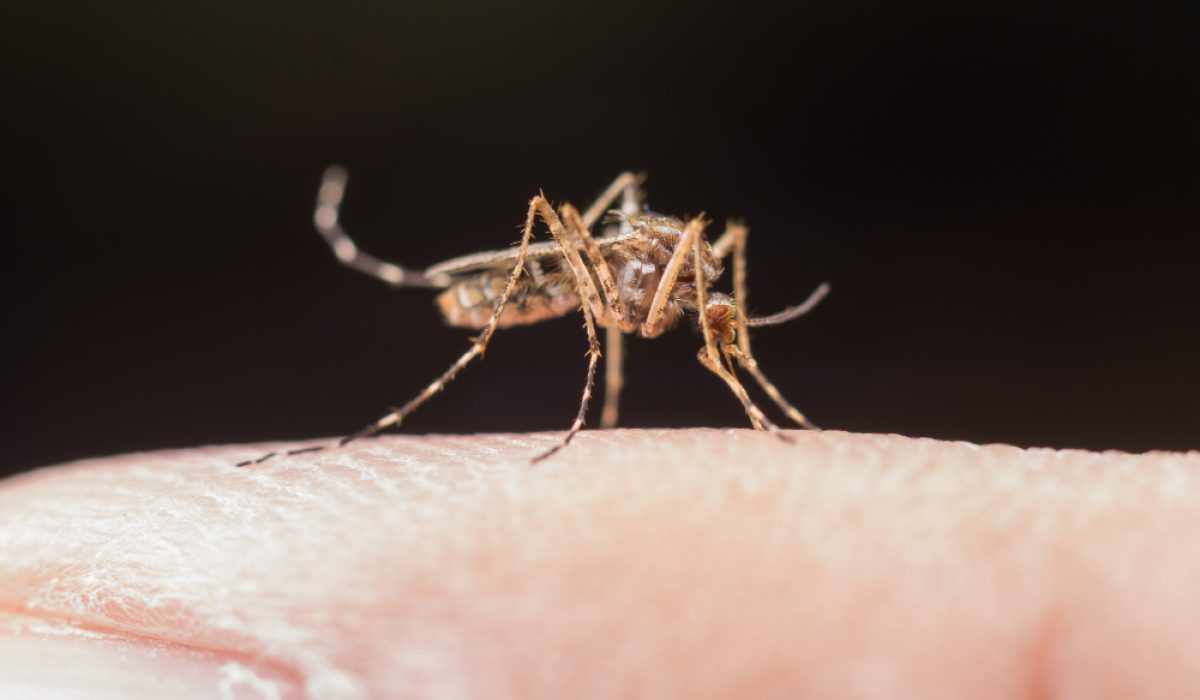Dengue fever is a common illness. It spreads through mosquitoes. Understanding it helps prevent its spread. Knowing the symptoms can help in seeking timely medical care. This guide is for everyone. It talks about dengue symptoms, ways to prevent it, and how it is treated. You’ll learn about the dengue virus transmission and how it differs from other illnesses like malaria. With simple steps, you can protect yourself and your loved ones.
Introduction
Dengue is a viral disease caused by infected mosquitoes. It affects many people around the world. It’s crucial to stay informed about dengue symptoms and recognize them early. This understanding can be lifesaving for you and your community. Dengue virus transmission primarily happens through mosquito bites. Let’s explore how staying informed can make a big difference. This guide is designed for everyone to understand and act. You’ll find easy tips and guidelines, focusing on dengue prevention tips and treatment approaches. Our aim is to make sure you have the knowledge you need to fight dengue effectively.
Dengue Fever Unveiled
Dengue fever is a viral infection from mosquitoes, mainly the Aedes species. Unlike malaria, which spreads through different mosquito types, dengue virus transmission is specific. When a mosquito bites a person with dengue, it carries the virus to its next victim. It’s essential to differentiate dengue vs malaria as they have distinct causes and treatments. While both are mosquito-borne, their viral origins and effects vary. Medical experts focus on avoiding mosquito bites for both illnesses. Dengue cases rise mainly in warm, tropical climates, making regions with high temperatures more vulnerable. Understanding these facts is key to preventing its spread.
Identifying Dengue Symptoms
Recognizing dengue symptoms is critical. They include high fever, headache, pain behind the eyes, joint pains, rash, and mild bleeding. Symptoms may vary in intensity. Some people experience mild symptoms, while others face more severe issues. Quick action can prevent complications. By knowing the most common dengue symptoms, you’ll know when to see a doctor. If you or someone else shows these signs, it’s essential to act quickly. Early detection and treatment make a huge difference.
Risk Factors and Severe Manifestations
Certain groups are at higher risk for severe dengue. Children, elderly, and those with weaker immune systems need to be extra careful. After a dengue infection, one can become more vulnerable to subsequent infections. It’s vital to understand severe forms of dengue. They include severe bleeding, organ failure, and even shock. These critical conditions require immediate medical care. If you suspect severe dengue, seek help right away. Knowledge of dengue risk factors enables timely preventive measures.
Diagnosing Dengue Effectively
Diagnosing dengue involves medical assessment and tests. Doctors rely on blood tests to confirm the presence of the dengue virus. Specialized hospitals and labs have the right tools for an accurate diagnosis. It’s important to get the tests done promptly. Precise identification of dengue leads to effective treatment strategies. If you feel the symptoms, visit a doctor or a nearby health facility without delay.
Optimal Treatment Strategies
Dengue treatment guidelines emphasize managing symptoms. Rest, hydration, and pain relievers are commonly recommended. Some tips for home care include drinking plenty of fluids and avoiding mosquito exposure. However, if symptoms worsen, immediate medical intervention may be necessary. Recognizing when professional help is needed is crucial. Keeping up with dengue treatment guidelines ensures better recovery and prevents complications. Trust your healthcare provider’s advice for a safe recovery.
Navigating Severe Dengue Cases
Severe dengue requires hospital care. Doctors use specific criteria to determine hospitalization needs. Common interventions might include fluid replacement and monitoring vital signs. For example, a large hospital in India successfully managed a complex case by combining adequate hydration and timely care. They emphasized the significance of early intervention in dengue cases. Rapid medical response can mean the difference between life and death. So, don’t hesitate if severe symptoms arise.
Preventive Measures for Dengue
Prevention is better than cure. Some effective dengue prevention tips include using mosquito nets and repellents. Wear long sleeves and pants in mosquito-prone areas. Community efforts like eliminating stagnant water can deter mosquito breeding. It’s especially important during the monsoon when dengue risk increases. These small actions collectively make a big difference. Staying proactive helps keep the community safe from dengue.
Explaining the Role of Vaccination
Dengue vaccine options are available in some regions. They help protect against multiple types of the dengue virus. Vaccination is advisable for those in high-risk areas. Research continues to improve these solutions. Understanding current advancements in dengue vaccine research is vital. While vaccines are beneficial, they don’t replace preventive measures. Always follow dengue prevention tips alongside vaccination.
Dismantling Dengue Myths
Many misconceptions exist about dengue. A common myth is the link between platelet counts and severity. Some believe higher platelets mean safety, which isn’t always true. Another myth involves cure-all home remedies, which aren’t substitutes for professional medical care. Knowledge and understanding help in making informed choices. Therefore, rely on factual, science-based information to navigate dengue effectively.
Conclusion
This guide covers key insights about dengue. Knowing dengue symptoms, treatment, and dengue prevention tips can save lives. Educating yourself and others is essential. Stay informed through reputable sources. Empower your community by sharing this knowledge. Understanding dengue prevents panic and promotes health. Let’s tackle this together, making informed decisions every step of the way.
